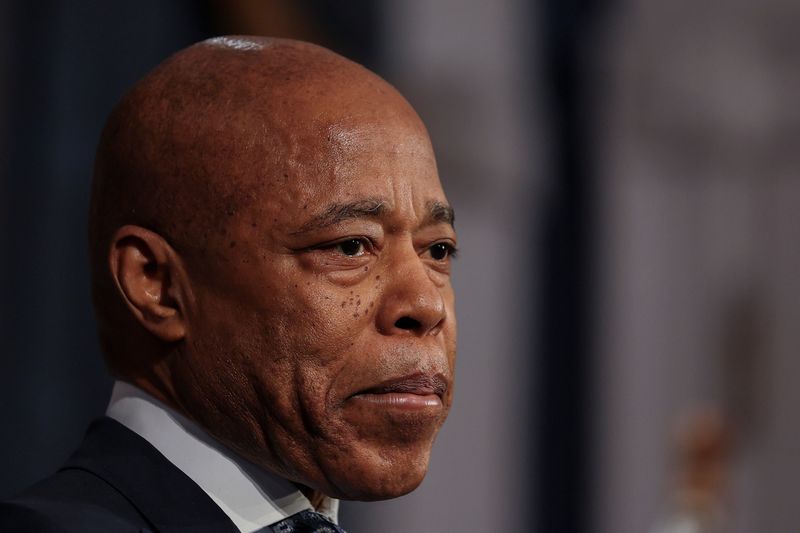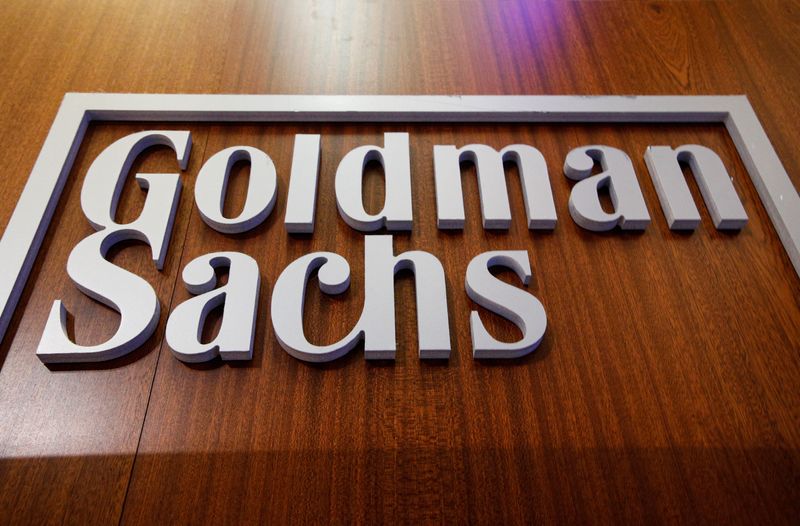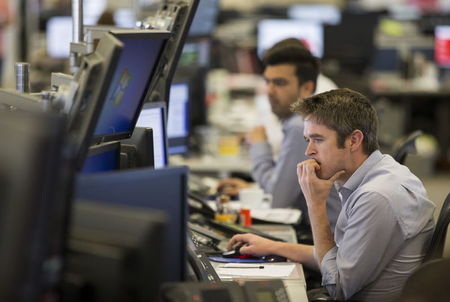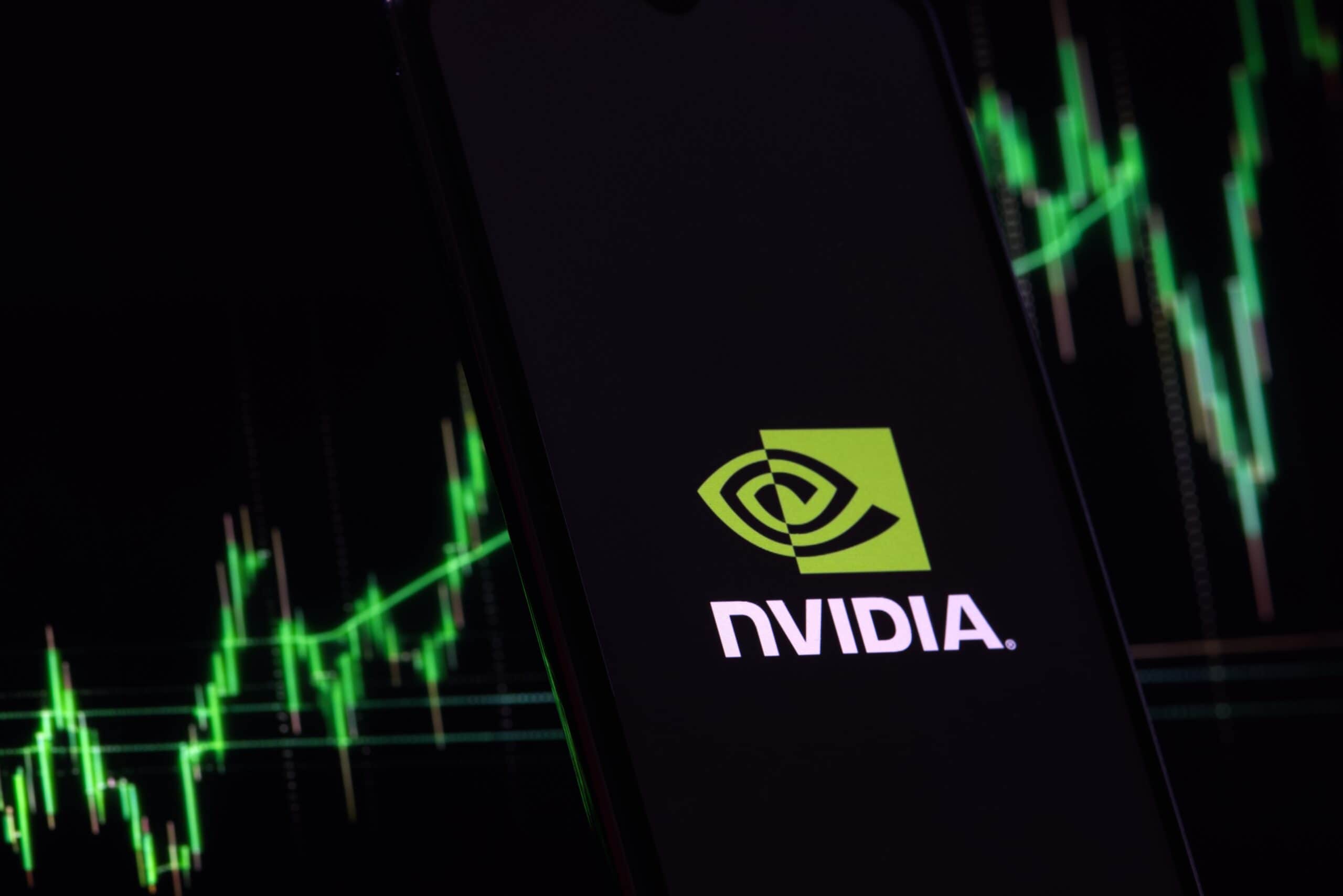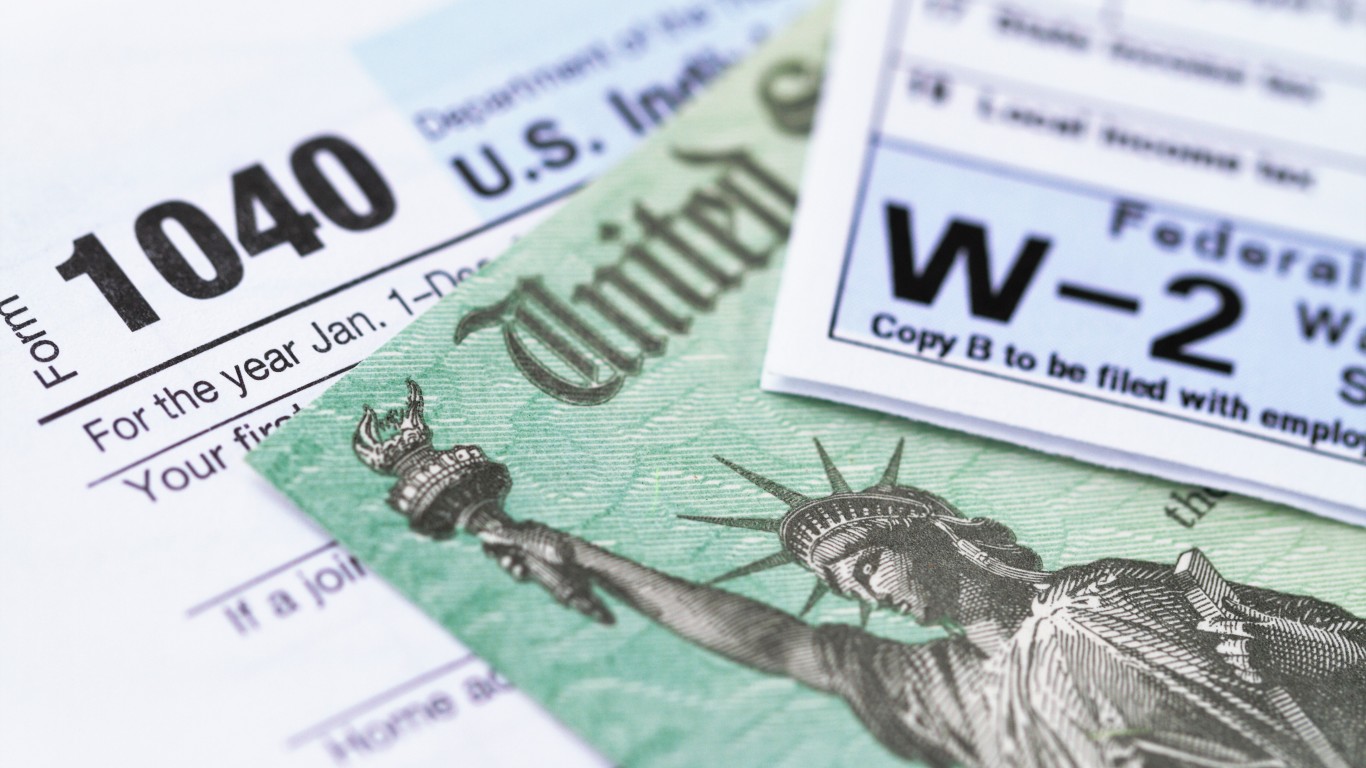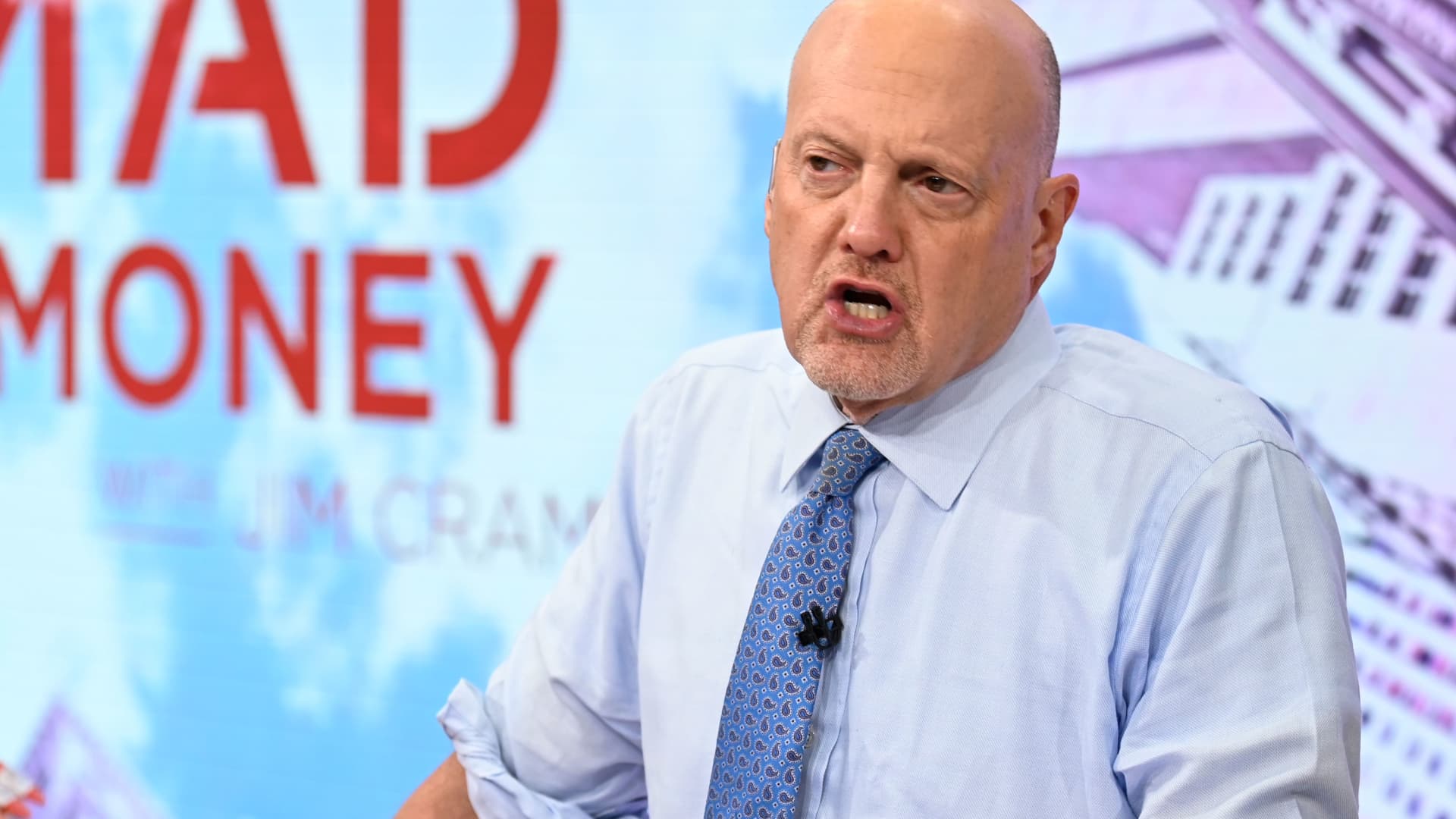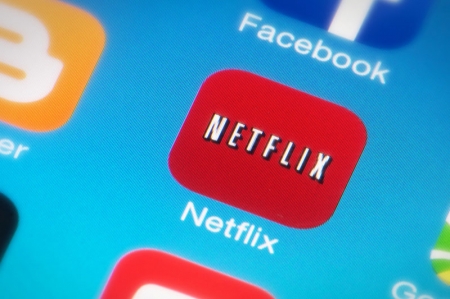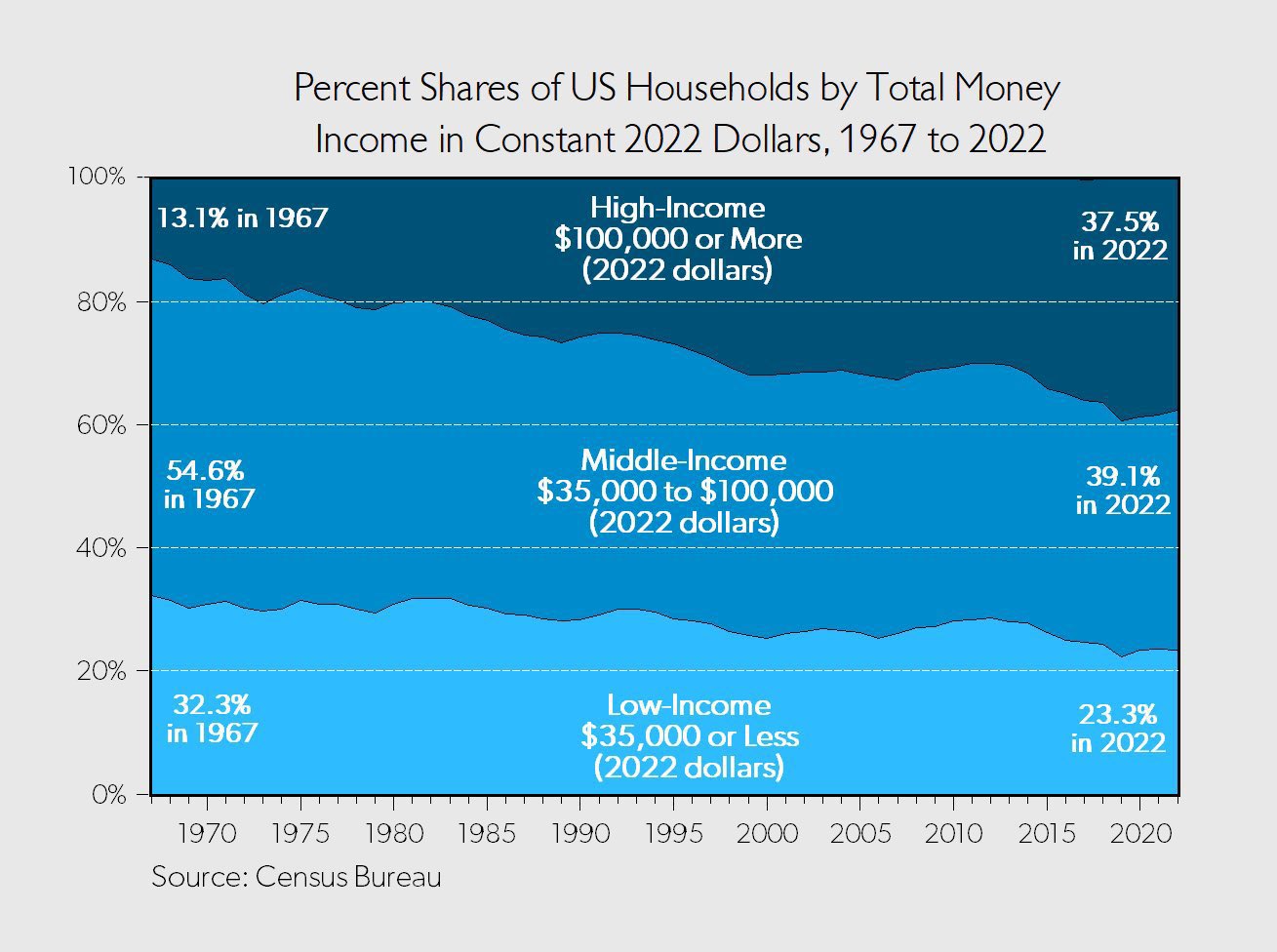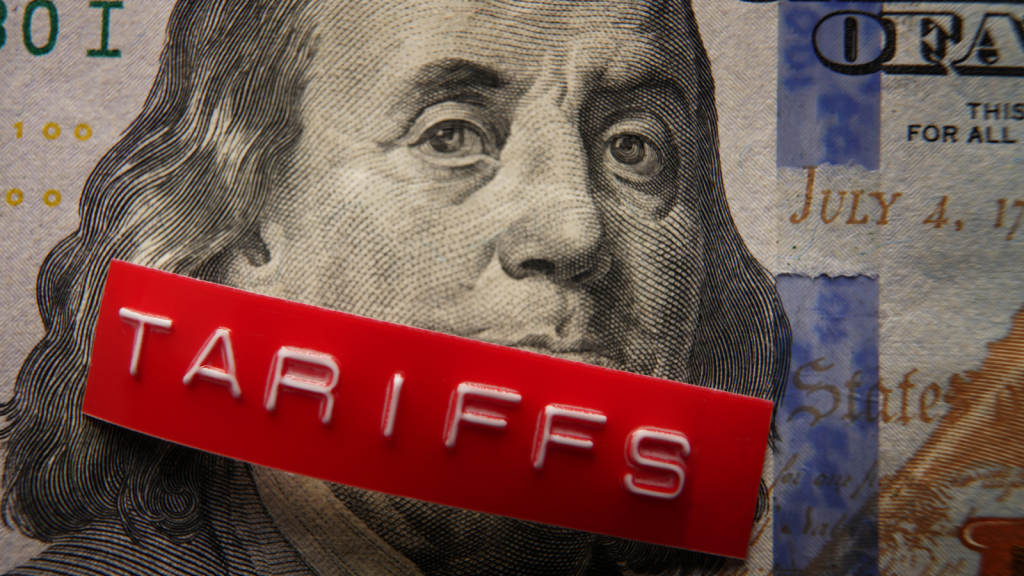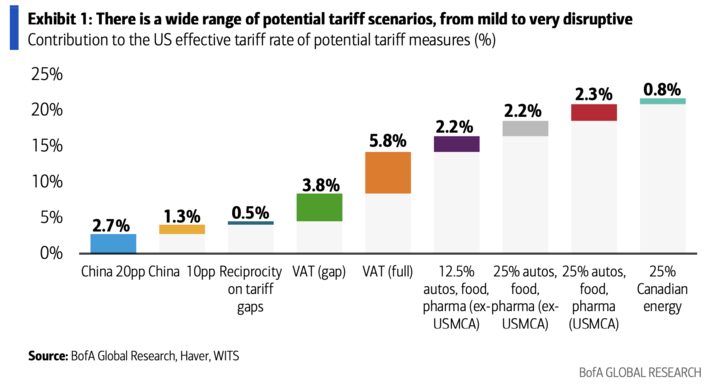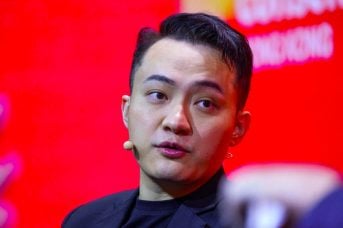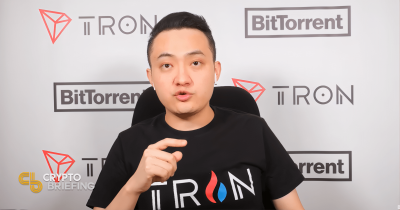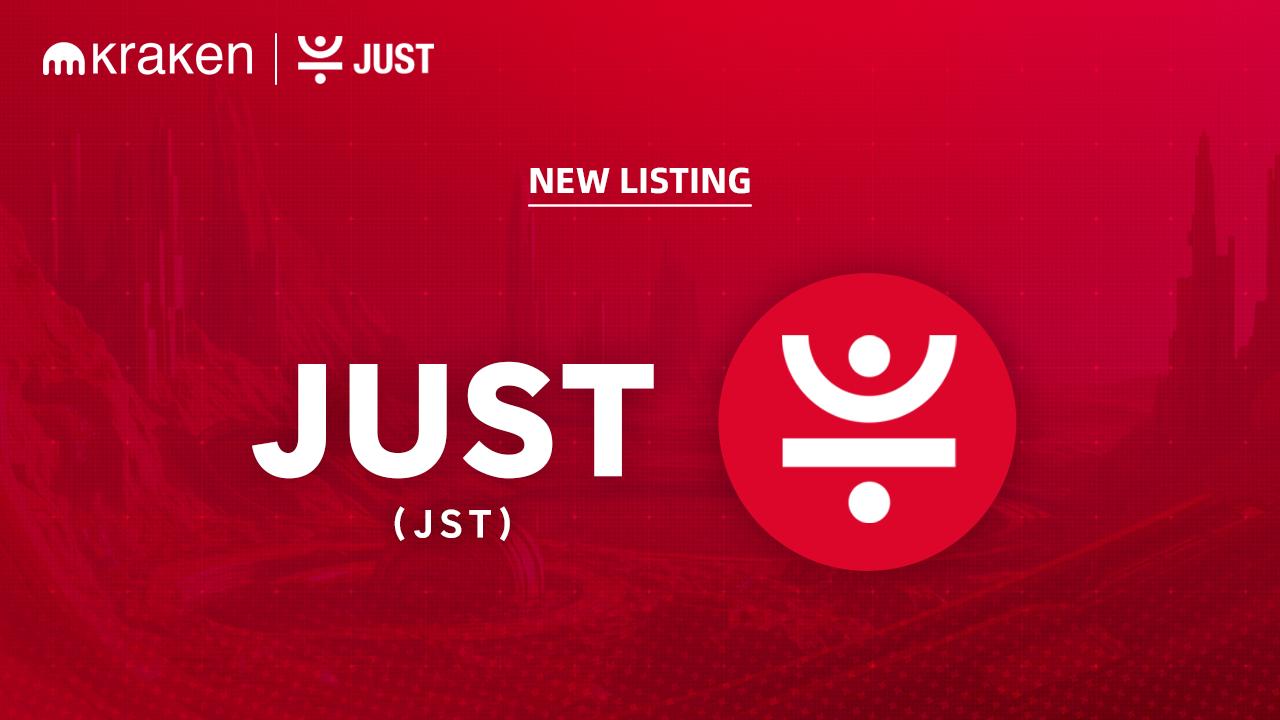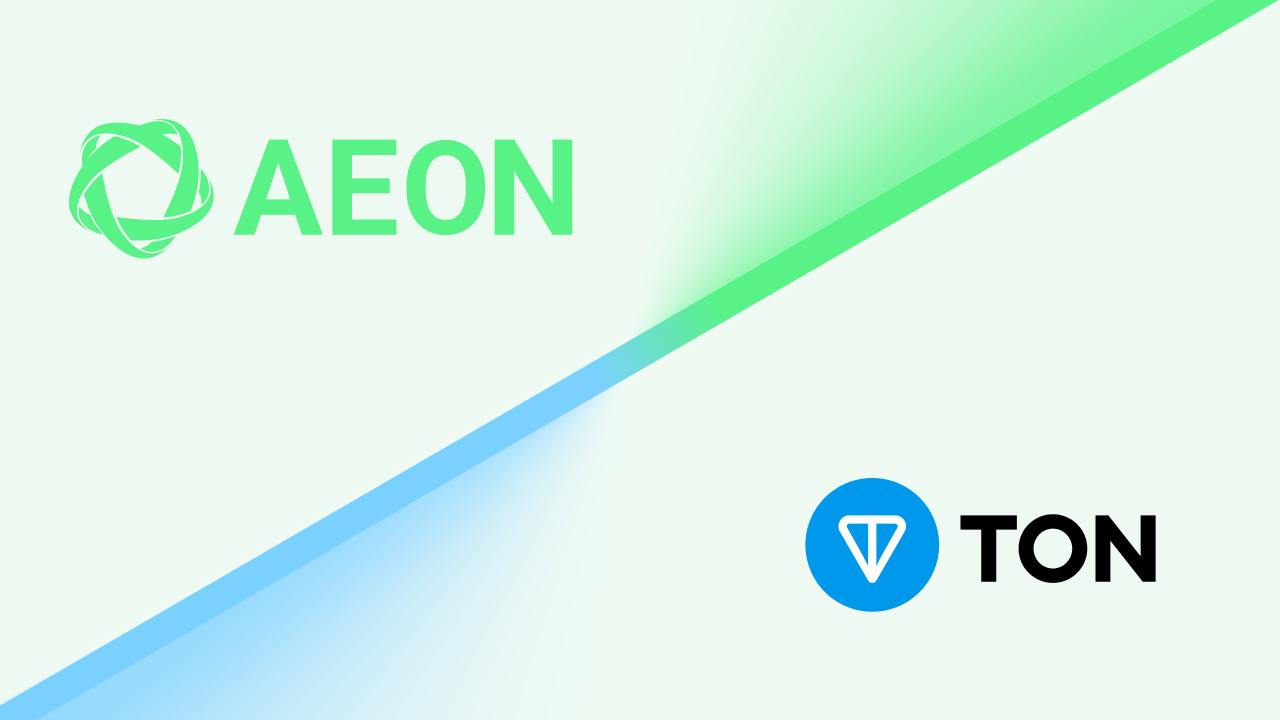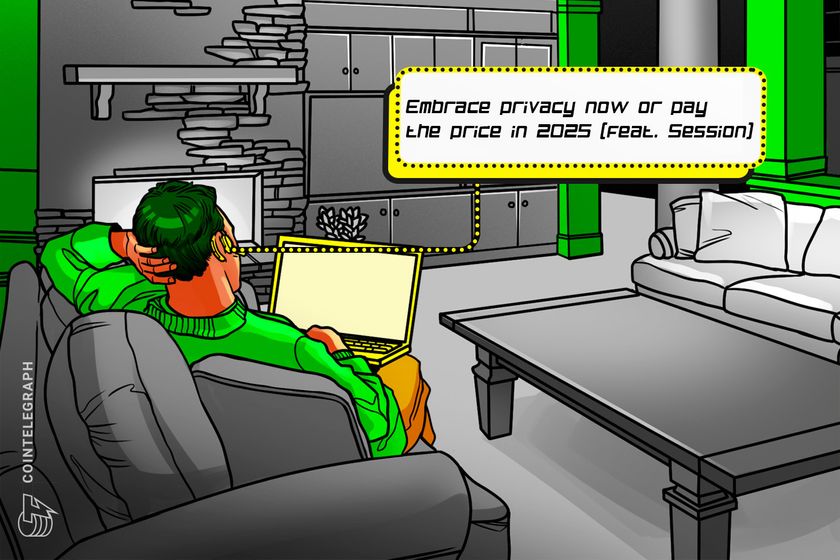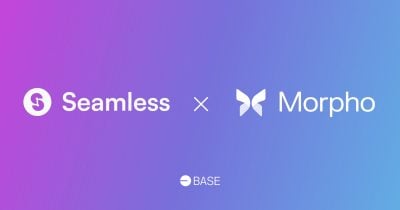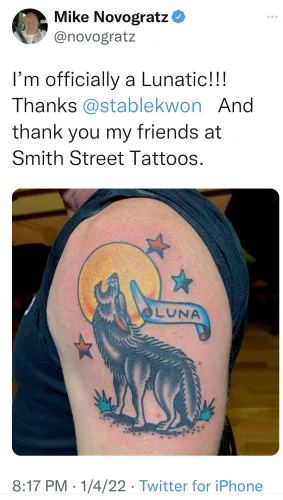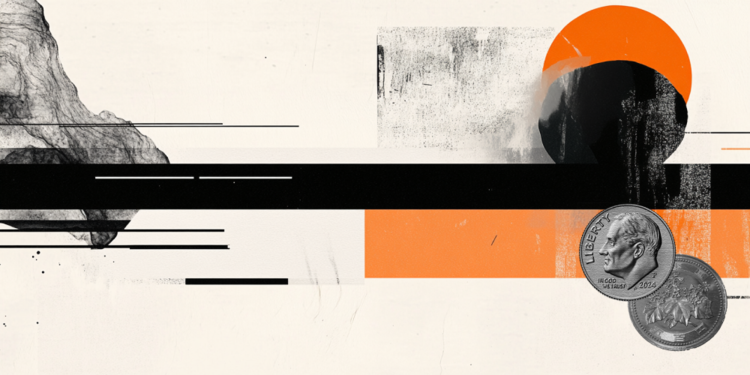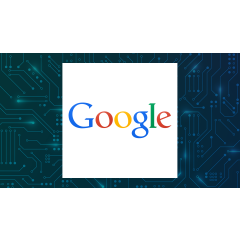Symplr CEO BJ Schaknowski on how AI will transform healthcare
Also: “Liberation Day” is tomorrow but there’s still no clarity on tariffs, flights from Canada to the U.S. decline 70%.

- In today’s CEO Daily: Diane Brady talks to BJ Schaknowski, CEO of the software company symplr.
- The big story: Tomorrow is Tariff Day.
- The markets: Terrible quarter, but upbeat this morning.
- Analyst notes from JPMorgan on recession, Convera on the dollar, Wedbush on autos, and HSBC on the beauty business.
- Plus: All the news and watercooler chat from Fortune.
Good morning. My mother was a nurse who treated everyone with dignity and inspired me to do the same as a journalist. Amid all the debate about healthcare priorities and policies in this country, we can agree that there aren’t enough nurses. That can mean longer wait times, more medical errors, and lower-quality care—as well as higher costs and wages for nurses in hospitals already struggling. While states like Florida are looking to expand nursing education, there’s no question that this is an area where technology has a role to play.
During his confirmation hearing, Health and Human Services Secretary Robert F. Kennedy Jr. spoke glowingly of an “AI nurse that you cannot distinguish from a human being” in terms of diagnostics. Okay. But I suspect that the greatest value in AI is in freeing front-line healthcare workers from the paperwork and data clutter that keeps them from delivering care.
I recently spoke with BJ Schaknowski, CEO of the software company symplr, which serves 90% of U.S. hospitals and more than 400 health plans, about what he’s seeing and doing. “When I listen to these healthcare CEOs and their technology leaders, the one thing I've seen is they've all woken up and realized that we're not going to create 3 to 5 million new nurses or a few hundred thousand more doctors. We have to make the ones we have more productive. This is the primary focus of a lot of these healthcare systems right now.”
It’s not hard to understand the business case for AI-enabled surgery or AI agents to handle administrative tasks. The challenge is implementing it. “The average system is using somewhere in 200 to 300 different software tools, so a nurse has to log into 15 to 20 different systems over the course of a single shift and then input the same information 10 to 15 times. We work with hospitals that use 3,700 different systems to run products, to run their health care system.”
Many hospitals are already dealing with reimbursement rates going down as care needs go up. But Schaknowski is hopeful that investments in technology can boost health and patient care. “With technology comes data, with data comes visibility and with visibility comes better decision making,” says Schaknowski. What’s more, he adds, “if you can give a nurse an hour back in his or her day, and you multiply that by hundreds of thousands of nurses and thousands of systems, you're making a meaningful difference to the amount and quality of care we can deliver.”
More news below.
Contact CEO Daily via Diane Brady at diane.brady@fortune.com
This story was originally featured on Fortune.com




